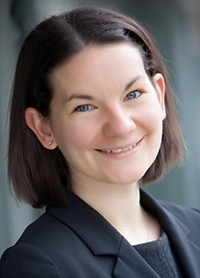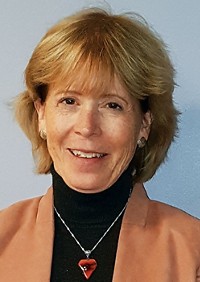Advertisement
Grab your lab coat. Let's get started
Welcome!
Welcome!
Create an account below to get 6 C&EN articles per month, receive newsletters and more - all free.
It seems this is your first time logging in online. Please enter the following information to continue.
As an ACS member you automatically get access to this site. All we need is few more details to create your reading experience.
Not you? Sign in with a different account.
Not you? Sign in with a different account.
ERROR 1
ERROR 1
ERROR 2
ERROR 2
ERROR 2
ERROR 2
ERROR 2
Password and Confirm password must match.
If you have an ACS member number, please enter it here so we can link this account to your membership. (optional)
ERROR 2
ACS values your privacy. By submitting your information, you are gaining access to C&EN and subscribing to our weekly newsletter. We use the information you provide to make your reading experience better, and we will never sell your data to third party members.
People
Peter Schultz Wins Solvay Prize
by Linda Wang
February 3, 2014
| A version of this story appeared in
Volume 92, Issue 5
Figuring out ways to add new building blocks to the genetic codes of living organisms, among other feats, has garnered Peter G. Schultz the Chemistry for the Future Solvay Prize, awarded every other year by Solvay, a Belgium-based chemical company.
The prize honors a major scientific discovery that could shape tomorrow’s chemistry and help human progress. Schultz, a professor of chemistry at Scripps Research Institute California and director of the California Institute for Biomedical Research, received the $407,000 award during a Dec. 4, 2013, ceremony in Brussels.
“The best thing about awards of this sort, which come as a total surprise, is the vote of confidence that others in the chemical community feel our work has had a significant impact on the field,” Schultz says.
Schultz’s research focuses on the synthesis of molecules and molecular assemblies with novel physical, chemical, or biological properties and functions. Along with his work on additions to genetic codes—which produce unnatural amino acids—Schultz has also researched the generation of catalytic antibodies and the characterization of their mechanisms and immunological evolution, as well as the use of combinatorial methods to generate small molecules, proteins, nucleic acids, and solid-state materials with novel properties.
“Peter’s work taught chemists that they have the power to ‘domesticate’ complex biological systems, from molecules to organisms, in order to serve human needs,” says Carolyn R. Bertozzi, a professor of chemistry and of molecular and cell biology at the University of California, Berkeley. “There is not a chemical biologist today who has not been somehow influenced or inspired by his contributions.”
Linda Wang compiles this section. Announcements of awards may be sent to l_wang@acs.org.





Join the conversation
Contact the reporter
Submit a Letter to the Editor for publication
Engage with us on Twitter